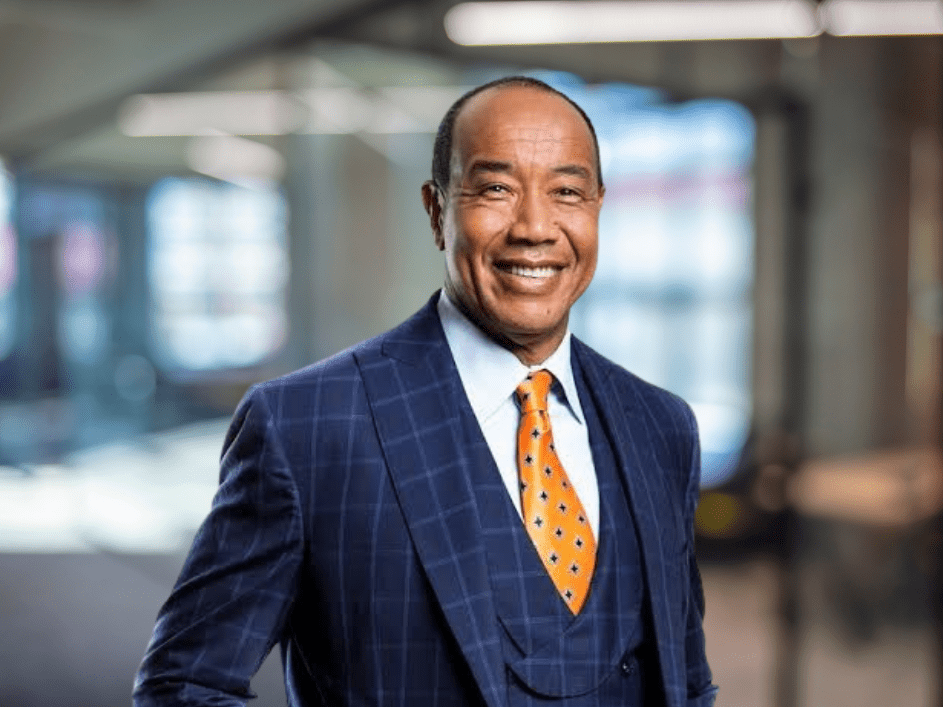Wealth management is undergoing a transformation as ultra-wealthy families increasingly turn to family offices to safeguard their fortunes. According to the 2025 Family Barometer by Julius Baer, the number of single-family offices in Singapore surged tenfold, reaching over 2,000 by the end of 2024. This trend reflects a significant shift in how the superrich approach wealth management, focusing on long-term preservation and strategic investment.
Family offices are no longer merely administrative entities; they have evolved into strategic hubs that navigate the complexities of a world marked by geopolitical tension and digital risks. These private firms manage every aspect of a wealthy family’s financial affairs, including investments, real estate, philanthropy, taxes, and education. The report, conducted in collaboration with PwC Switzerland, surveyed 2,485 experts across Europe, Asia, the Middle East, and Latin America, providing insights into the changing landscape of wealth management.
The rising prevalence of family offices is particularly notable in Asia, where both Singapore and Hong Kong are becoming epicenters for wealth management. Despite only about 40% of ultra-wealthy families globally having established family offices, this number is rapidly increasing, driven by the need for more sophisticated wealth management solutions.
One of the key challenges in setting up a family office is the associated cost and complexity. However, families are adopting innovative approaches, such as hybrid models that outsource certain functions like philanthropy and legal compliance while maintaining control over investments and governance. As María Eugenia Mosquera, head of family-office services at Julius Baer, explains, the feasibility of establishing a family office largely depends on the unique circumstances of each family, including wealth levels, complexity, and individual needs.
As wealth management priorities evolve, “building family legacy” has emerged as a top concern for the global elite. For the first time, it ranks among the top three priorities for wealthy families. Many are drafting family constitutions and mission statements to codify values that can be passed down through generations. This shift is particularly prominent in Asia, where second- and third-generation entrepreneurs are transforming family offices into institution-style platforms that transcend borders.
Private markets are increasingly becoming a favored investment avenue for the wealthy. The Julius Baer report indicates that allocations to private markets, encompassing real estate, private equity, venture capital, and more, now constitute at least 35% of their overall portfolios. Giuseppe De Filippo, head of private-capital markets at Julius Baer, notes that the appeal of these assets lies in their illiquidity, which, for families willing to adopt a long-term perspective, offers unique opportunities and the potential for enhanced returns.
As family offices gain traction, their roles will continue to evolve. What began as basic bookkeeping has transformed into a pivotal structure for the modern wealthy. Today, the superrich focus not just on managing their finances but also on ensuring their legacy, values, and influence persist through future generations.
The findings from Julius Baer underscore the increased significance of family offices in the 21st century, highlighting how the world’s wealthiest families are preparing for an uncertain future while actively shaping their financial destinies.







